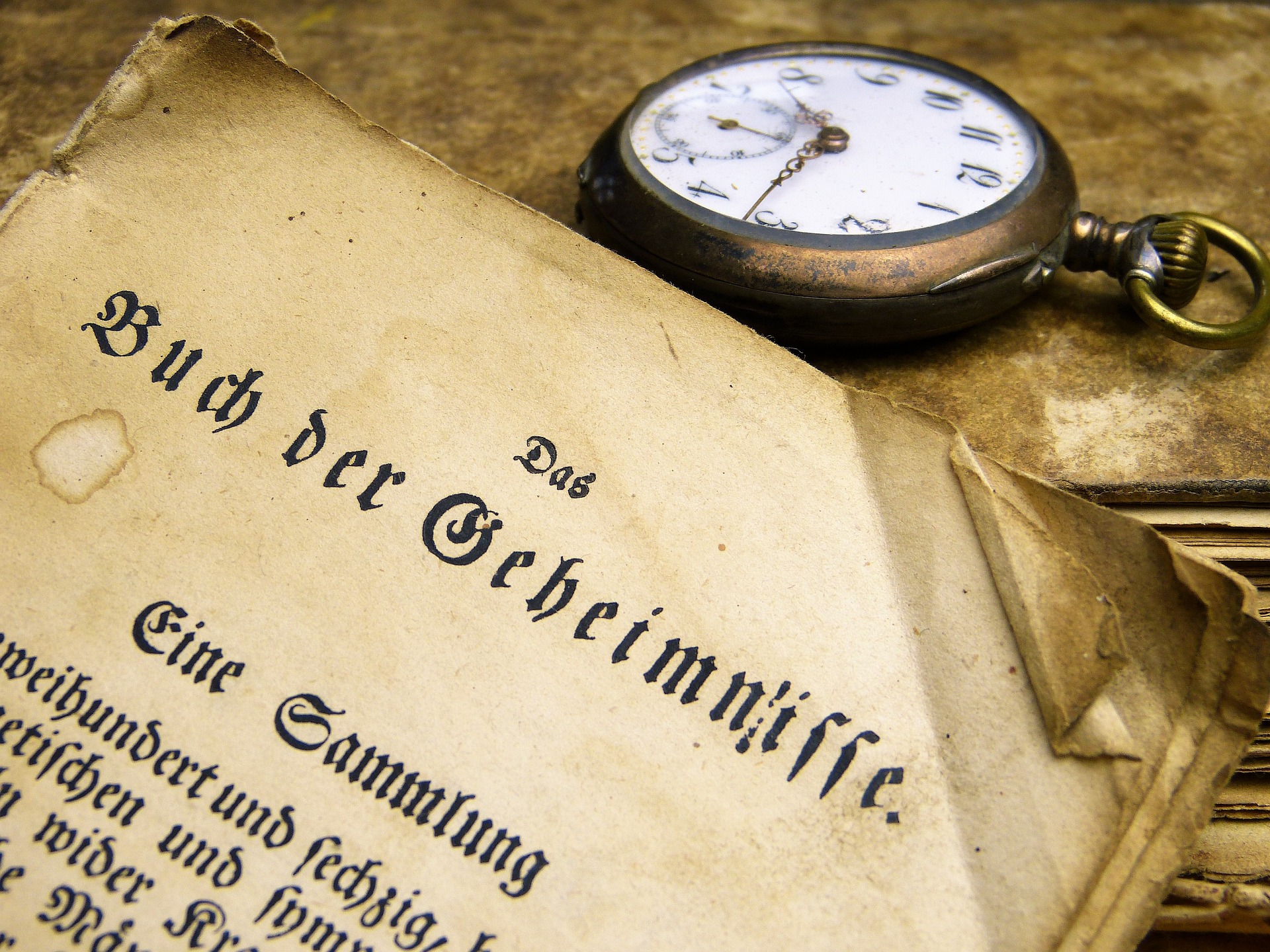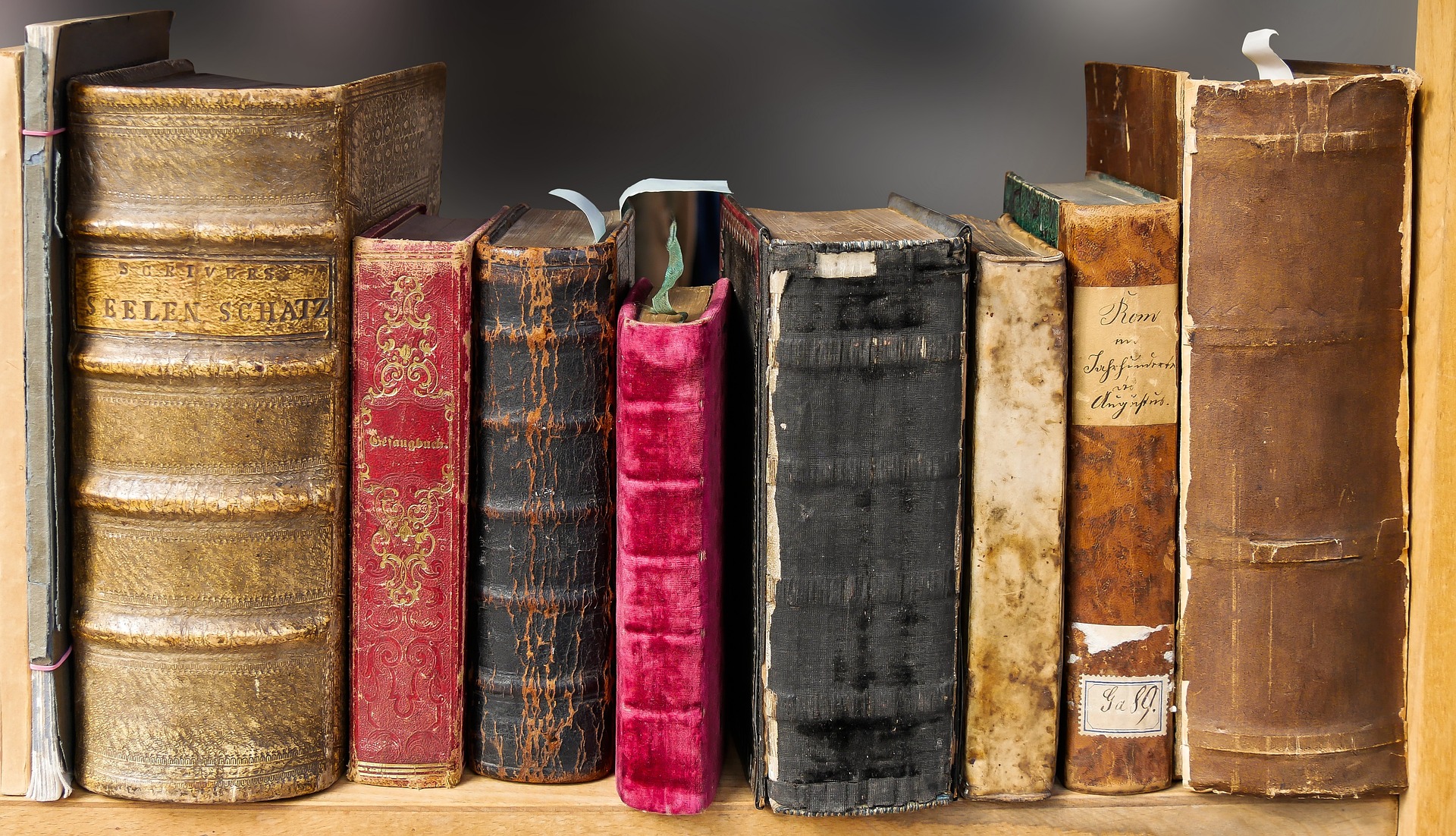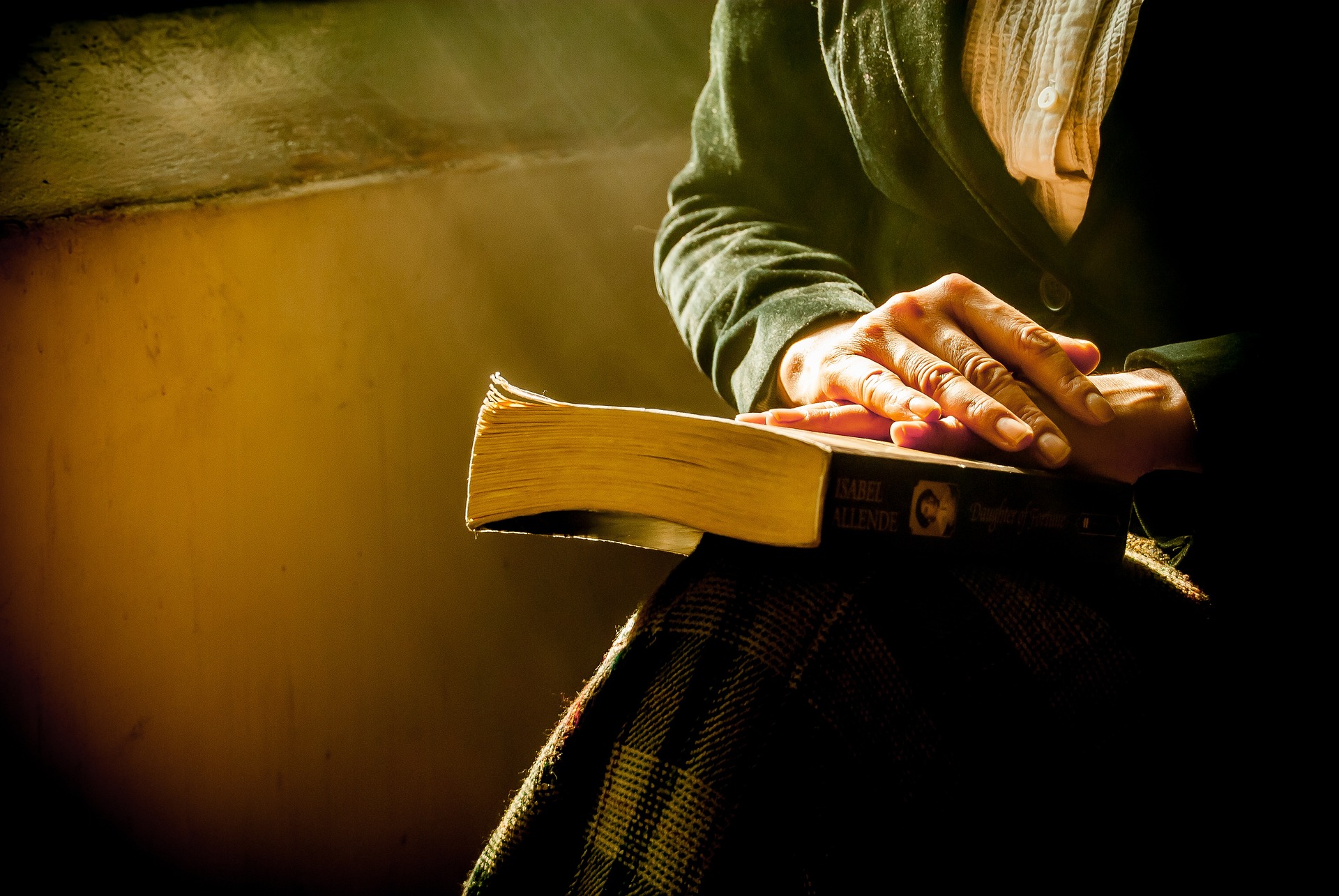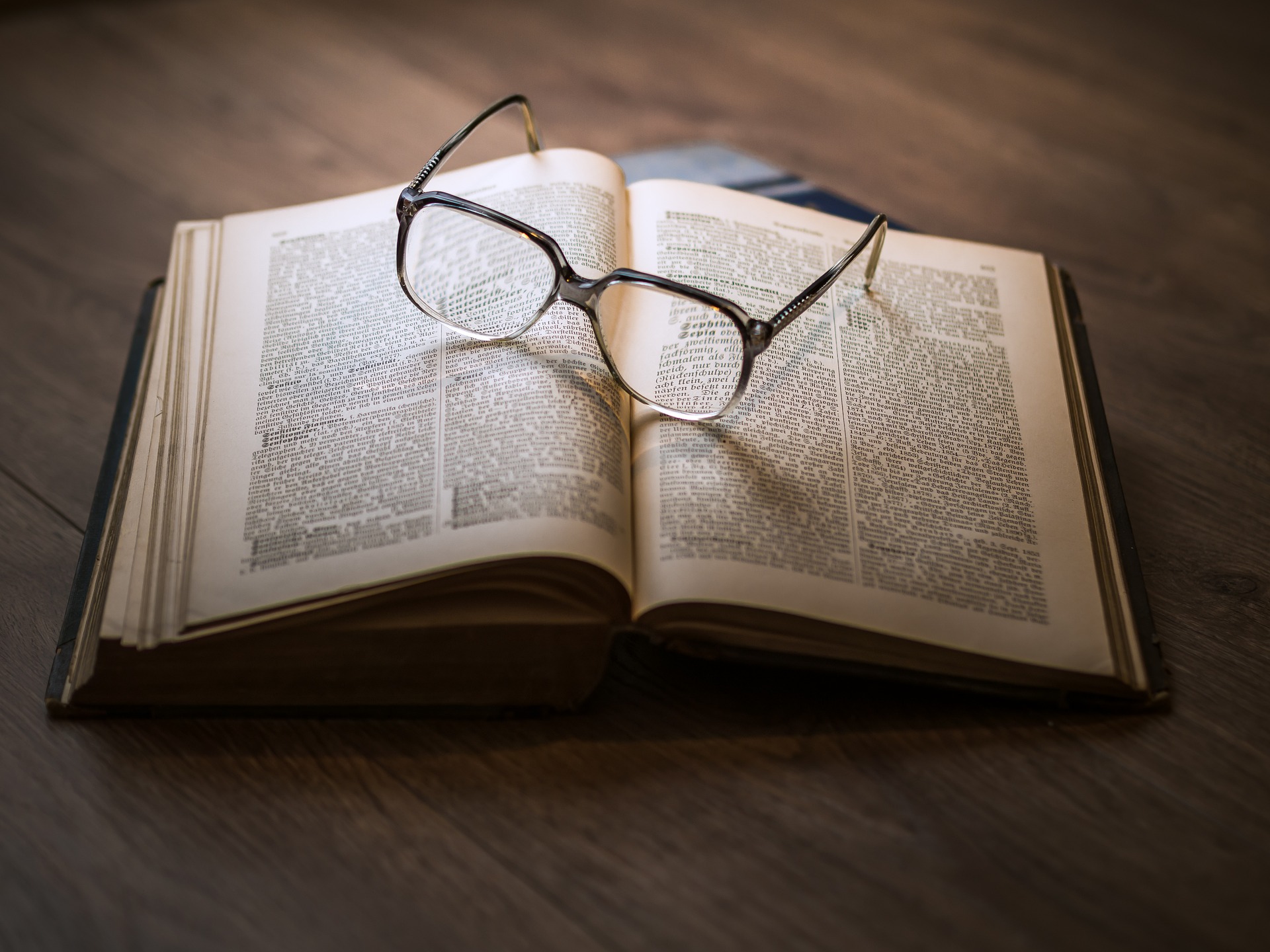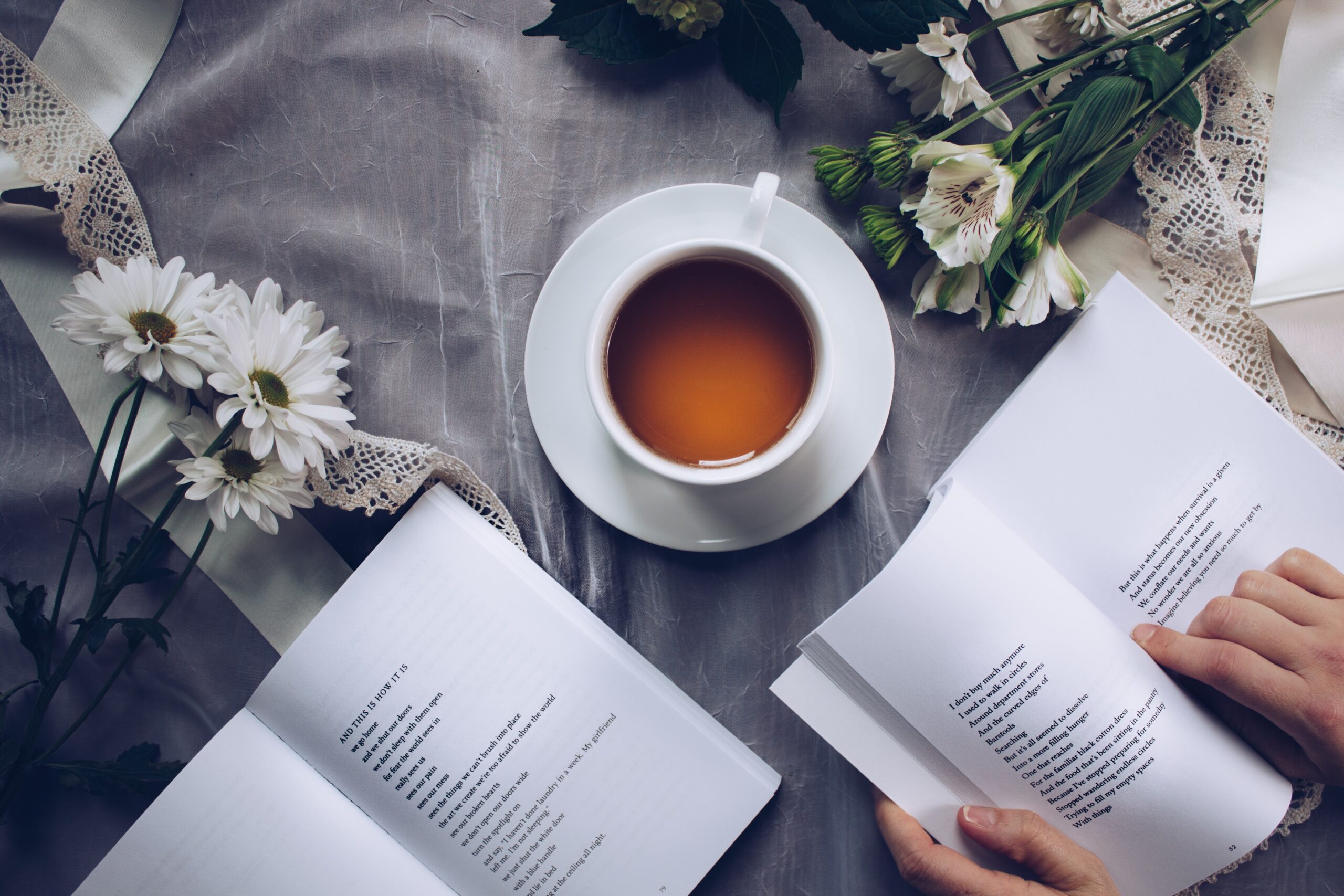As we wrapped up all representative texts in the periods of English Literature last week, I crave for more not because it is inadequate, but the previous discussions are encouraging me to explore more texts in English Literature. I might do that soon, but for now, I am joyous in the exploration we have had as we navigated the various periods of English Literature. Each representative text is undeniably curated well to better enrich us on understanding and appreciating a certain period. For instance, during the Anglo-Saxon Period, where Beowulf serves as its representative text, I had a glimpse of what oral lore looks like before and how these scops unknowingly incorporated cultural values and literary heritage on Beowulf.
From there, we moved into various periods, allowing us on meeting many people (fictional and non-fictional) and discovering literary treasures. The flow of the discussion follows the general to specific approach where a brief background of a literary period is discussed first, allowing the reporters of the representative texts to draw information and implication from that background to their text. For instance, before discussing Pride and Prejudice, we have talked about the background of Victorian Period. Since it is well-established that the said period focuses on decorum, we have looked Pride and Prejudice as a novel of manners. Indeed, it is a novel of manners that it teaches every man and woman of that time on how to enter properly marriage or even on how to find their right match.
Even though not all presentations of all representative texts for English Literature are good, it is still vital because the discussants attempted to present what they have leading us (or me), to discover more insights or to have my analysis if I find a presentation lacks of something. Overall, these presentations still help navigate the rich literary periods of the English.
Despite the course being only a survey of English (and American) Literature, I still find it difficult to choose my favorite texts. Admittedly, there are some texts which I do not enjoy such as the Elegy Written in a Country Churchyard and Ode to the West Wind because I find these poems heavy in tone and structure and, somehow, intimidating. But I enjoy discussing these. For my favorites, I may say that these are the texts that successfully established a connection with me: I Wandered Lonely as a Cloud, Pride and Prejudice, and The Whistle.
Since Grade 9, I encountered William Wordsworth in one of our lessons, but I cannot reminisce what work of him we have discussed before. But when I encountered Wordsworth again on his poem, I Wandered Lonely as a Cloud; I did my best to appreciate fully his writing skills. From there, I deciphered his poem. Yes, decipher, because his poem seems to be some sort of chant or something used to connect with nature. As his poem brings me with nature (or at least that is what I experienced), it also opens my eyes to see how pure nature is! The purity of nature blended with his intricate skill to capture a moment and feeling Wordsworth had before made me adore this poem. Lastly, this poem speaks privately of him because the poem is personal to Wordsworth in a way that when he and his sister saw a long belt of daffodils that became Wordsworth’s inspiration and drive to capture both moments and feelings through written words. Perhaps that is not only a genius action to do, but brilliantly artistic.
It is predictable of me to include Pride and Prejudice even though I only read its summary online last year. Jane Austen is the favorite writer of my close friend, and she always encouraged me to read Pride and Prejudice. But due to lack of time to read (as there is still a pile of books I need to finish that time), I did not devour this novel. But when we discussed it, I feel that, somehow, I already devoured the novel! On how we discussed this novel, it delivers me resonating lessons about maturity, relationships and marriage. I know I am still not the marrying type (I have a lot of things to accomplish) but through this novel; it guides me, as a lover, to see the beauty of true marriage. The personality of its characters, especially Elizabeth and Darcy, makes me more inclined to the novel because of them successfully depicting shallow and deep plights of searching your match until having it.
Lastly, The Whistle serves as my reminder to make the best choices in life. I remember How to Make the Best of Life by Samuel Butler because of this! The Whistle influenced me to look at better things among all the good things. For example, even though you think you have all the good options, little do you know that there is only one great option among these. And that great option, when selected, will change the course of your life. Smart decisions play a significant role on this text leading me, as a maturing reader, to reflect further on my life decisions and what else I can do from it.
Overall, the survey of English Literature is a roller-coaster ride, but it always leaves a room for you to discover other English texts either for your own recreation or to satisfy your literary soul. Whatever it is, I am grateful for all the experience I have had in exploring the survey of English Literature. I cannot wait now to teleport to the American literary periods and texts!
Tags: English major, literature, reflections, themes and symbolism, modern relevance, works of literature, LifeThinker.


